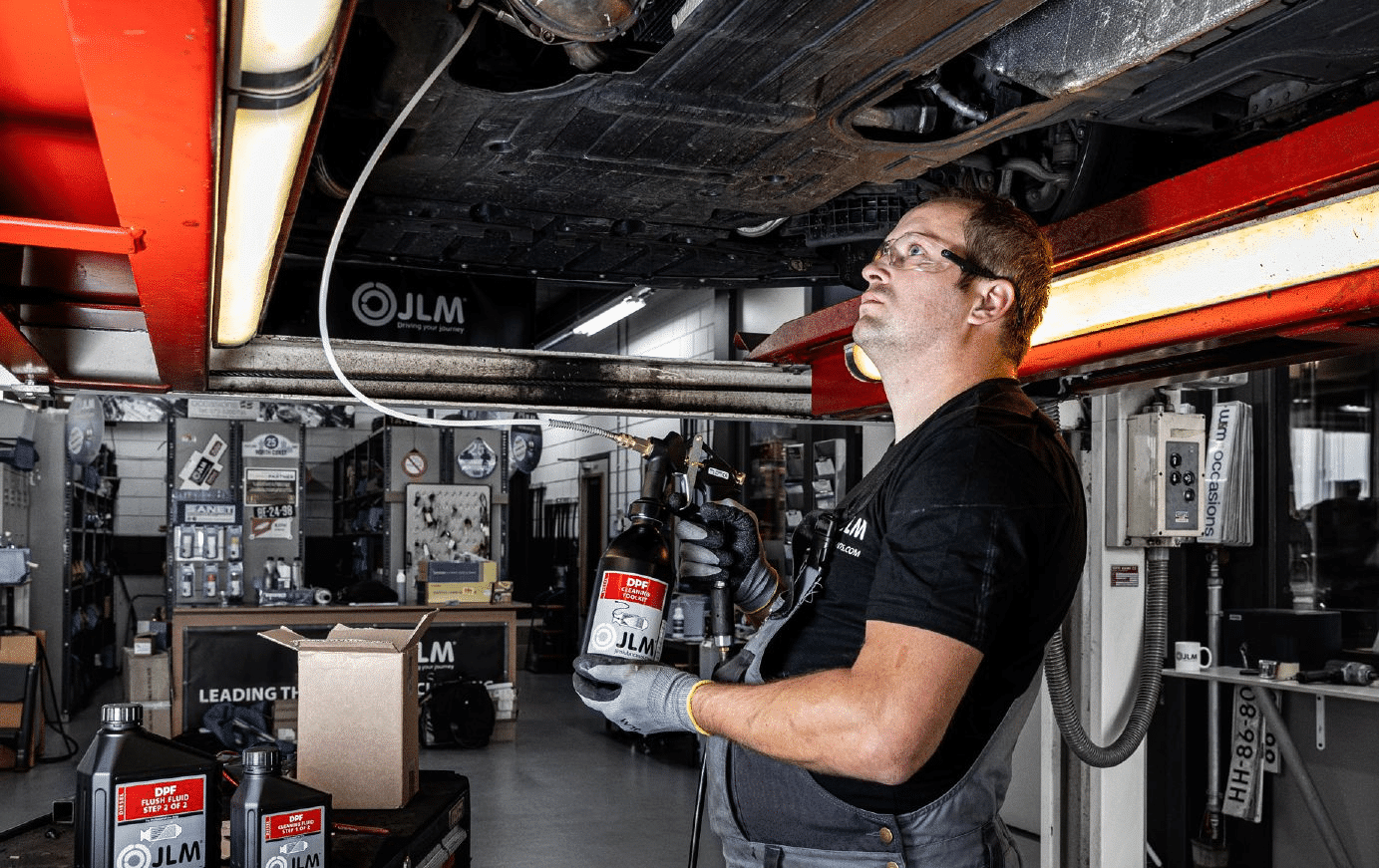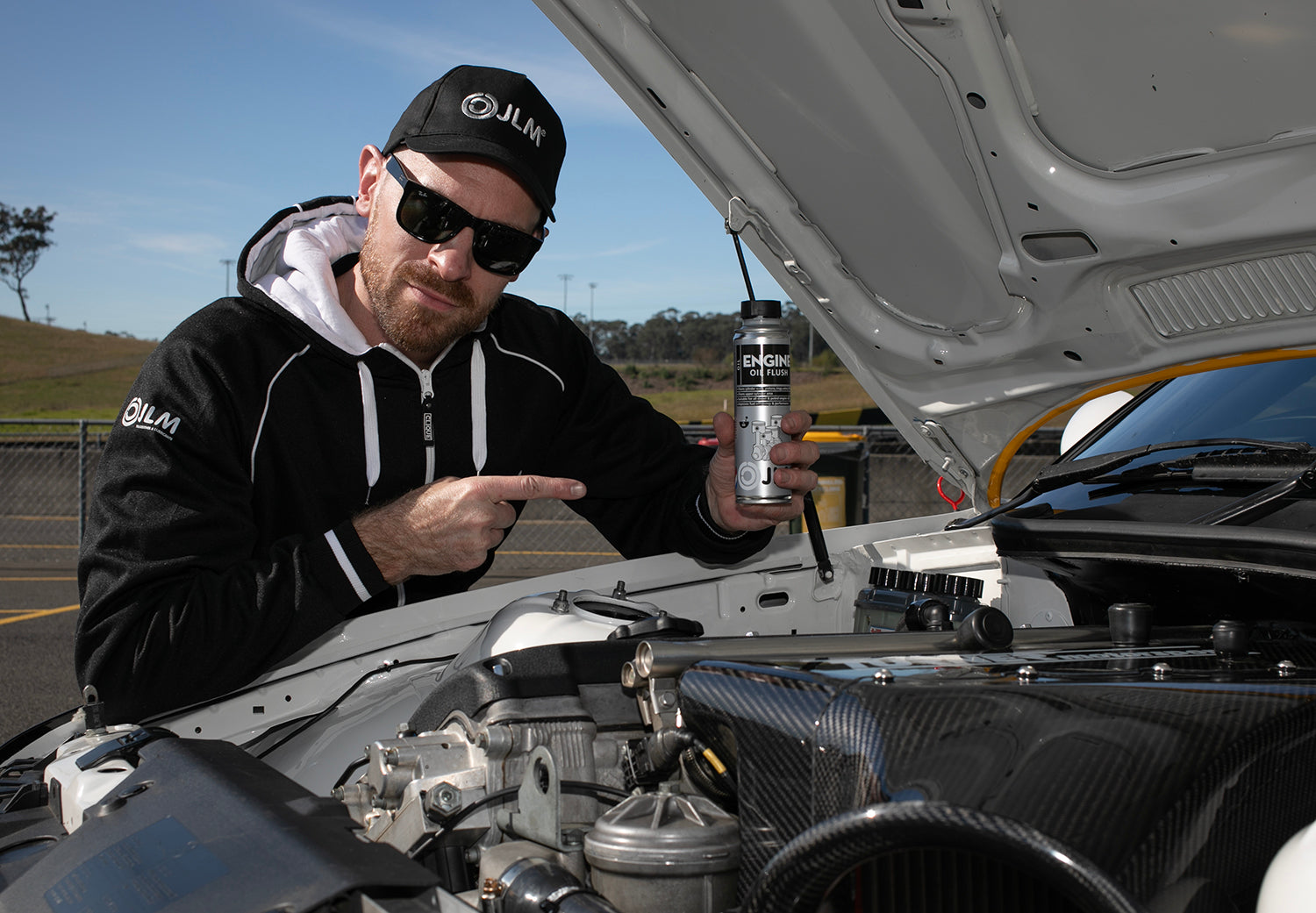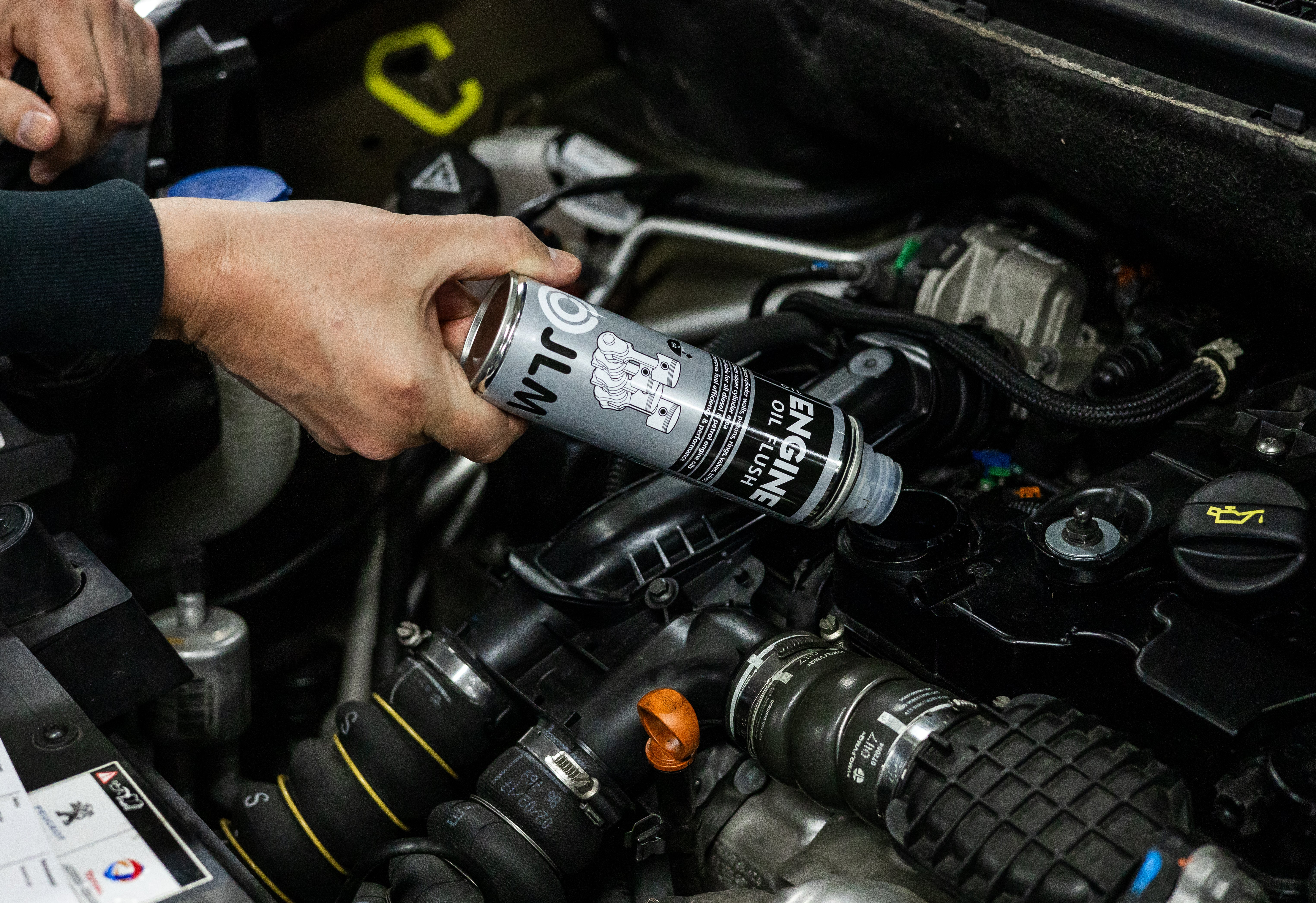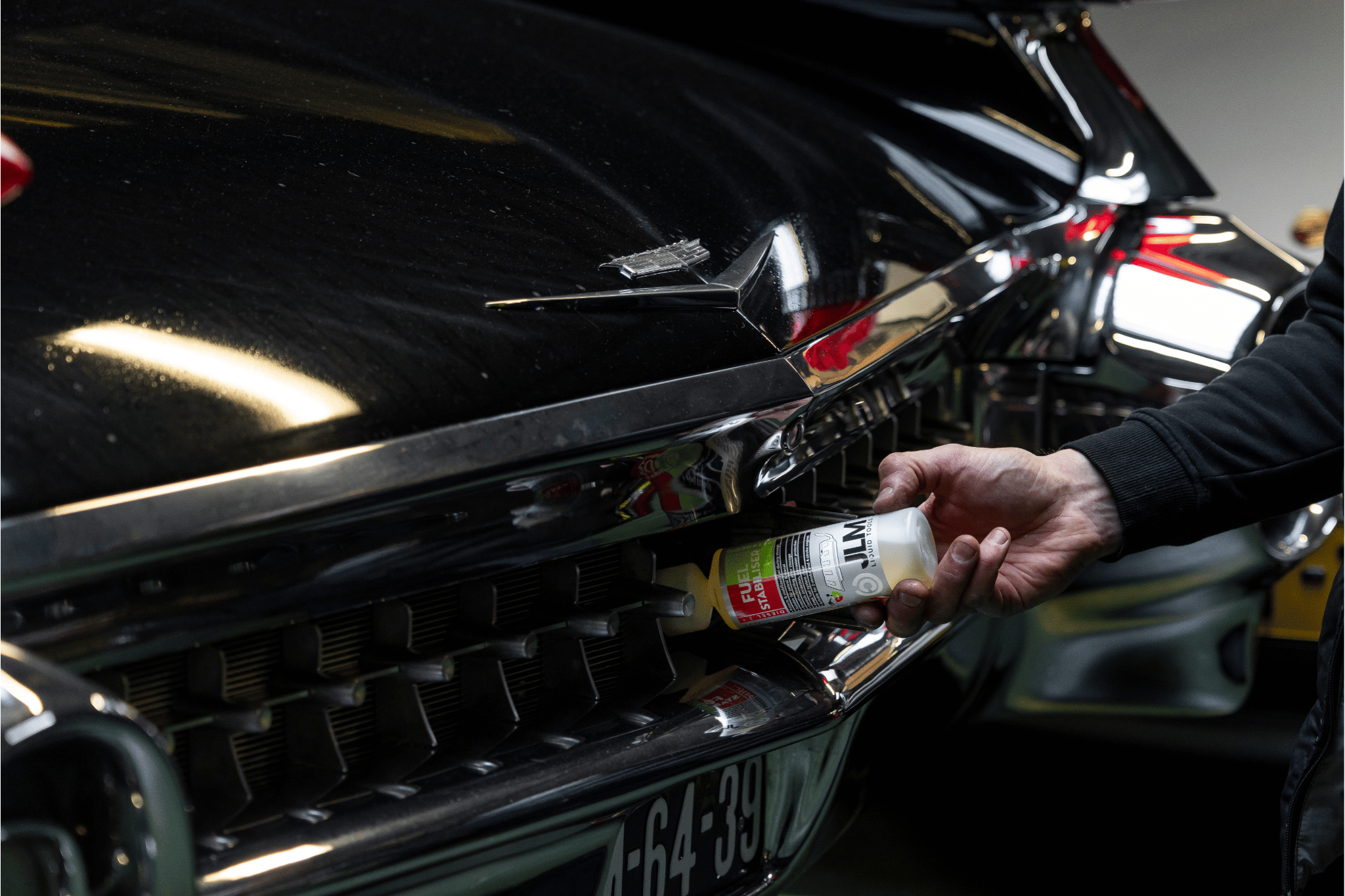
Not all heroes wear capes
Should we look upon automotive additives as superheroes? Motoring journalist, Rob Marshall, considers the evidence and arrives at a surprising conclusion.
Today's workshops face a dichotomy. With fewer repair professionals entering the trade and more customers keeping their older vehicles on the road, technician time is more precious now than ever before. This is a situation in which chemical additives can save the day.
Saving garage time
With modern engines creating higher levels of internal contamination, while being less tolerant to the resultant build-up, technicians are less than keen to undertake the involved and the often unpleasant tasks of stripping, removing, and cleaning coked-up components. This is just as well, because many vehicle owners do not wish to pay for the service if the situation can be avoided. Take direct-injection engines as an example. By using a decent chemical solution, airflow-restricting oily sludge can be cleared with the inlet manifold in-situ. The technician is saved from the filthy task and the customer saves money. Everybody wins.
Saving customers time
It might seem counterintuitive but reducing the frequency of customer visits can benefit your business, because you can bolster trust. For instance, you might sell a DPF regeneration aid for a low-mileage diesel car owner to dose at home during the winter months. Spending a few minutes to inform the customer of the benefits and explain why the dosing instructions are so important will help you win longer-term loyalty.
You can use chemical additives to prove that you have your customers' best interests at heart, when they are in a desperate hurry to get back on the road. A failed roadworthy inspection on borderline exhaust emissions is the ideal time in which you can offer a relatively quick and inexpensive additive solution first, if appropriate, to obtain a retest pass quickly and cost-effectively.
Additives can also buy your customers time before an involved mechanical repair is necessary. After analysing the problem, you may deduce that an oil-burning engine can have its expensive tastes quenched temporarily by a stop-smoke additive. Not only will the additive pay for itself in reduced oil top-ups, but it will ensure also that the exhaust after-treatment systems are not poisoned by the resultant ash deposits.
Some additive solutions can even be semi-permanent. Low mileage but relatively older engines can exude oil from their camshaft, or crankshaft seals. In such instances, replacing the hardened components is not viable on cost grounds, due to the many hours of disassembly involved just to reach them, dictating that the car is off the road for at least a day. The alternative is a seal-rejuvenating stop-leak oil additive that takes barely a minute to pour into the sump, albeit preferably at service time. These chemicals work with those within the oil to not just condition semi-hardened seals but to swell them slightly, sealing the gaps through which the oil creeps past.
Saving fuel and CO2 emissions
By keeping the fuel injection and after-treatment systems clean especially, the engine can make the most out of every drop of fuel, compared to one with a blocked intake, choked exhaust, sludged lubrication system and fouled fuel injectors. As carbon dioxide emissions are proportional to fuel consumption, a cleaner and more economical engine emits not only less CO2 but also fewer pollutants.
Therefore, the most fundamental additives are those that maintain fuel system cleanliness. While petrol and diesel injector cleaners have been around for aeons, JLM Lubricants warns that some companies become complacent and do not revisit their formulations, meaning that some products are not as beneficial for the latest fuel injectors that need the most help. This explains why the company has introduced dedicated cleaners for petrol direct injection (GDI) fuel injectors, as well as additional treatments for petrol hybrids, to tackle the unique deposit challenges that these new technologies introduce.
Saving repair costs
Technicians appreciate that the simplest alternative to repair costs is proactive maintenance, even though certain customers take some convincing. With engines especially, oil blenders strive to meet the significant demands placed upon their lubricants by car manufacturers setting service intervals that can stretch to several years. Yet, these schedules are based on the vehicle being relatively new. As engines age, contaminations and exhausted lubricant can remain within the sump after draining, ready to pollute and shorten the fresh oil's life. This means that even adhering to an official schedule might be unwise.
Again, additives provide a solution. Quality engine oil flushes not only loosen accumulations within the engine and hold them in suspension, but they also remove stubborn carbon-based accumulations that prevent low-tension piston rings from sealing compression effectively within the cylinders. Apart from the obvious power benefit that restoring compression brings, it reduces fuel-laden crankcase fumes from ageing the new oil prematurely. Furthermore, once the engine flush is drained from the sump with the old oil, the active working ingredients of any flushing product that remains within the crankcase are designed to become ineffectual, once the new engine oil reaches its normal operating temperature.
Saving repair stress
Additives even help you during repairs. A typical example is tackling a DPF that is blocked with soot. Dismounting modern DPFs for off-car cleaning, or replacement, is a task that few technicians relish, because significant dismantling tends to be required to even access it. Quality additives ensure that you can avoid all of this heartache, by injecting chemicals into the DPF directly, which break down the soot without the need to expose the particulate filter to potentially damaging high temperatures of a forced regeneration.
Saving your business?
When used correctly, quality additives save workshop time, enhance customer relations, make repairs easier and offer less stressful repair alternatives, but they can also produce an opportunity for business growth.
So...
Are automotive additives real superheroes, ready to save any automotive damsel in distress? Not quite. Like the finest data, tools, and diagnostic equipment, even JLM Lubricants' additives are of little use without skilled human input. From the garage purchaser that chooses to invest in quality additives and the technician that matches the diagnosis with the appropriate chemical solution, to the store manager/motor factor that supplies the correct product - these are the real superheroes. Yet, armed with a shot of JLM Lubricants' chemical know-how, workshops, technicians and customers will all benefit from the partnership.


